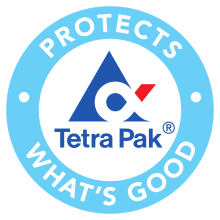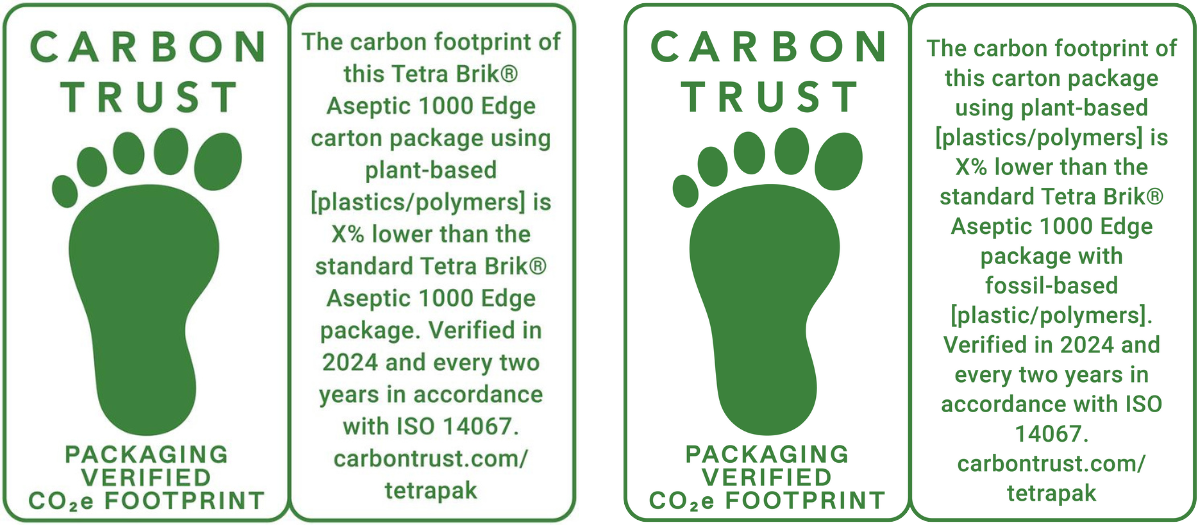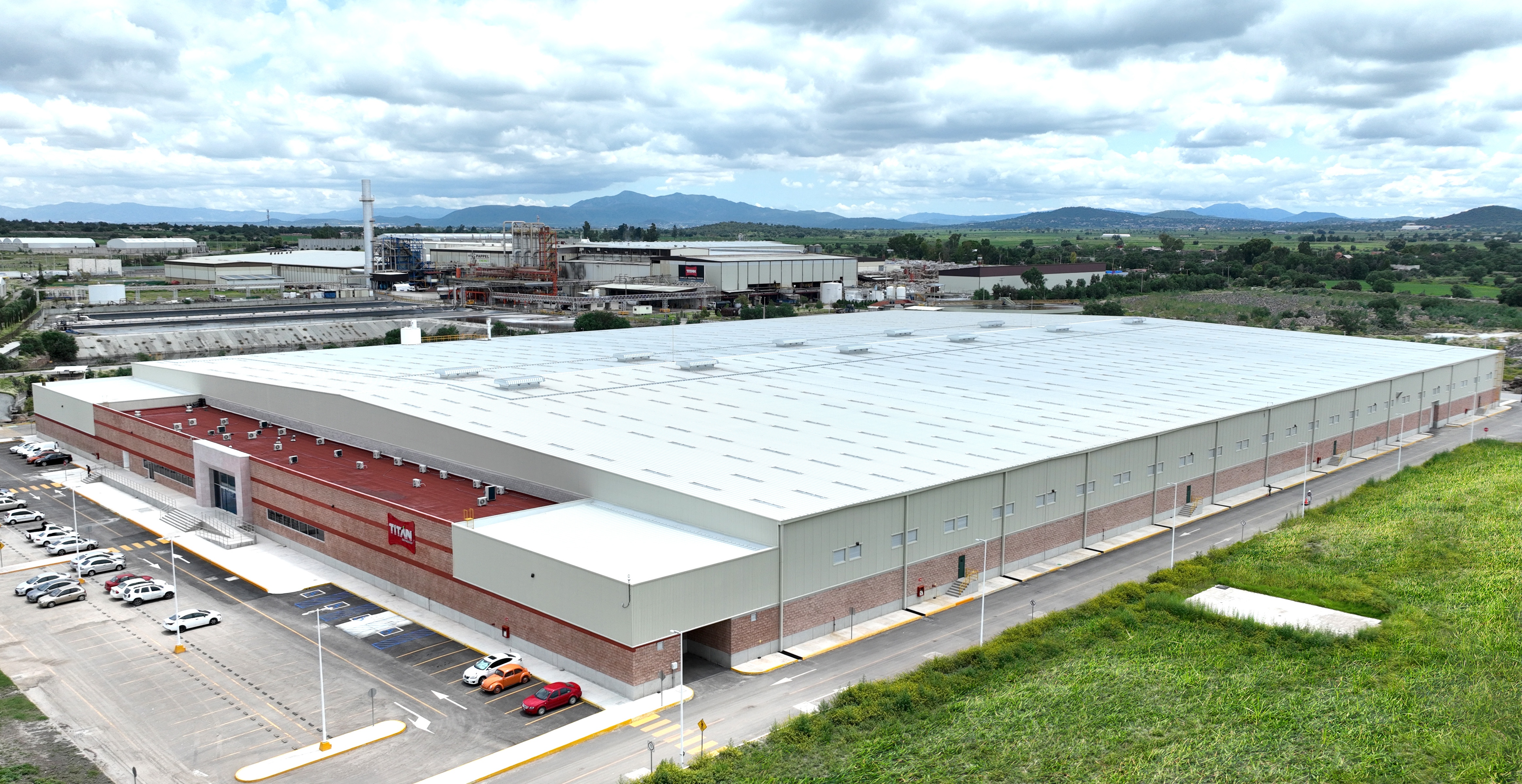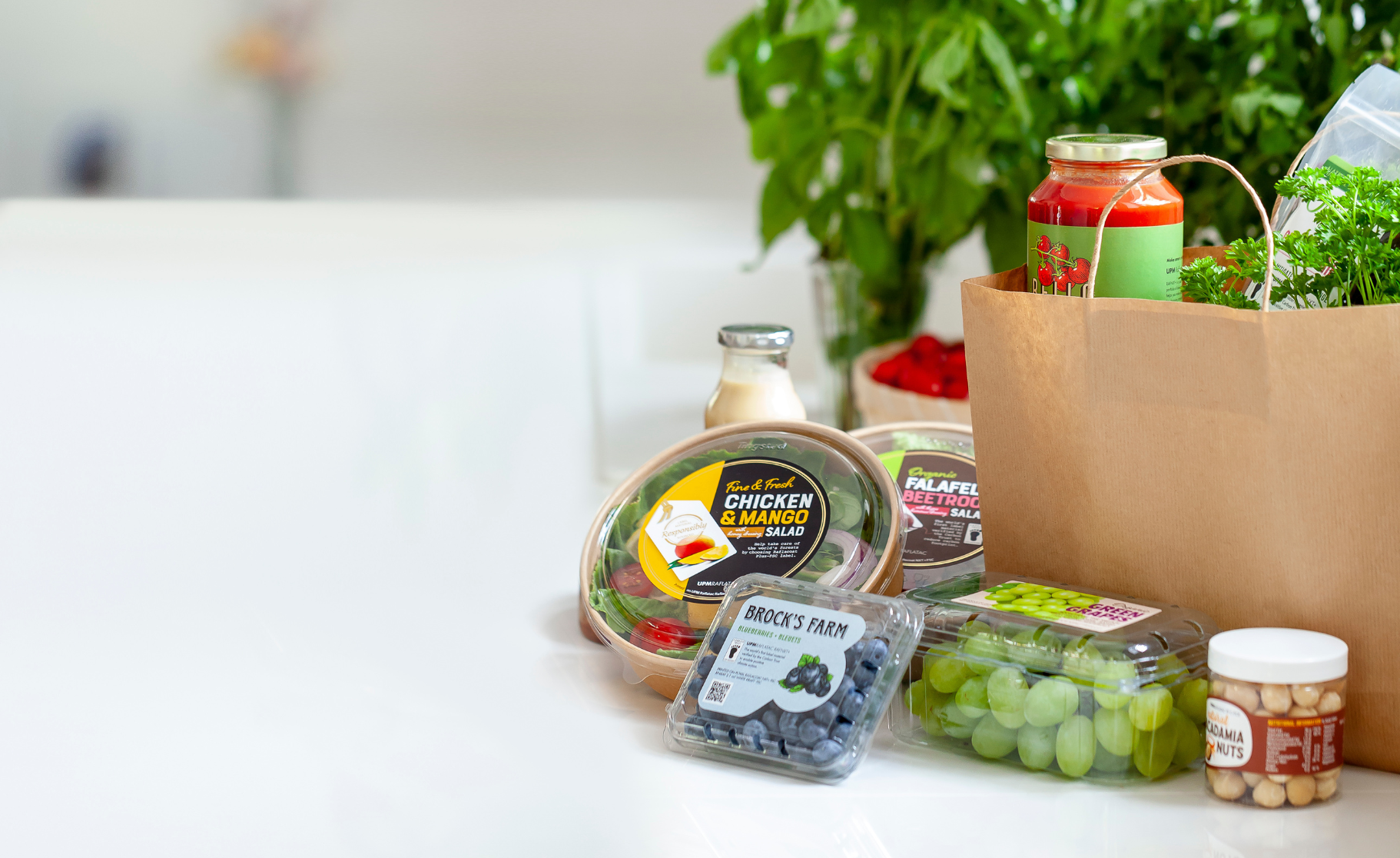Client

Expertise
Assurance and labelling
Impact
Meeting customer and regulatory calls for transparent and credible green claims.

CHALLENGE
How can manufacturers strengthen the green credentials of their products?
Sterile packaging plays a fundamental role in minimising the one-third of food that is wasted and lost from farm to fork. Food can last longer, be distributed further and stored safely without relying on refrigeration. Yet much of today’s food packaging to feed a rising population is made of fossil-based virgin plastic. As brands seek to become more sustainable, the packaging industry is under pressure to evolve.
Tetra Pak has set out on a journey to create the world’s most sustainable package. This mission has led to greater investments in paper-based packaging, simplified material structure and plant-based renewable materials. One of the company’s initiatives is to use sugarcane-derived polymers in the caps, tops, and coatings of its carton packages. The result is a further reduction of the carbon footprint of its packages. With an independent verification, Tetra Pak wanted to provide clear details on the environmental impact of its products to customers, including large consumer brands and their end-consumers. Doing so would encourage brands to opt for packaging solutions with increased use of renewable materials and a reduced carbon footprint.
SOLUTION
Substantiating the emissions profile of Tetra Pak’s packaging with the Carbon Trust label
Since 2016, we have been collaborating with Tetra Pak to make the carbon impact of its packaging solutions more visible and accessible. To direct brands towards the plant-based packaging choice, we:

With this verification and the Carbon Trust label, Tetra Pak can confidently claim that its plant-based products have a lower carbon footprint than their fossil fuel equivalents. Enhanced information on the right-hand side provides further detail on the footprints.
IMPACT
Helping customers reduce their carbon footprint with plant-based packaging
Tetra Pak demonstrates that the packaging industry can innovate and find solutions that protect both food and the planet. By telling the sustainability story of its packaging with the Carbon Trust comparative label, Tetra Pak can now clearly show the difference between the two offerings. The label, combined with the certified CO2 calculator, has enabled the conglomerate to:






